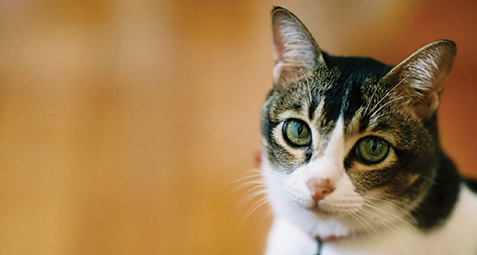02 Apr COVID-19 FAQs: How to minimize COVID-19 exposure in your practice
Keeping your staff, clients, patients, and self safe during COVID-19 is crucial. Read below for best practices on how to minimize exposure in your practice. What recommendations does the state of Colorado offer for minimizing exposure in my practice? In a public health order issued April 27, the Colorado Department of Public Health and Environment (CDPHE) directs veterinarians to follow these steps to minimize exposure to COVID-19. Implement patient scheduling to provide for social distancing, enhanced cleaning, sufficient time to change PPE, and to minimize aerosol contamination. Implement prescreening of clients...










